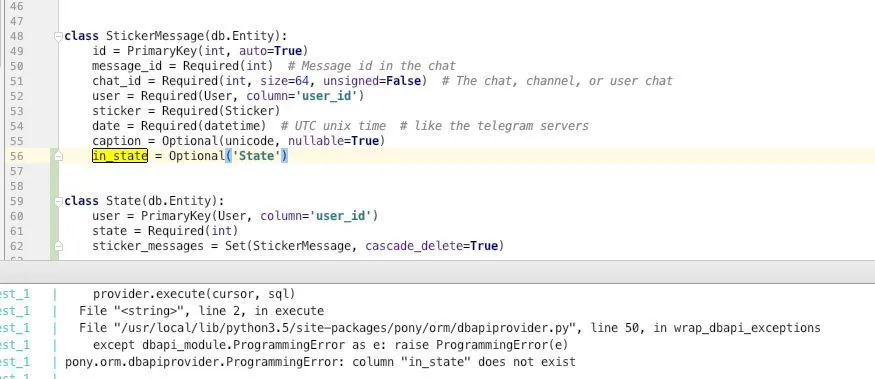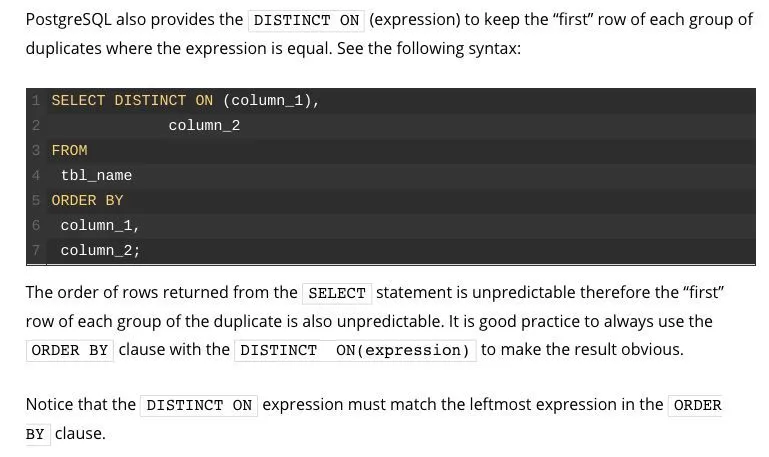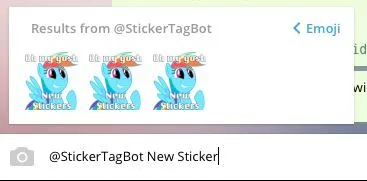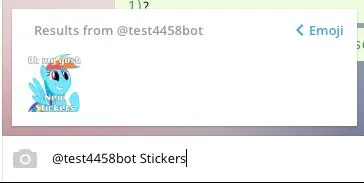 Alexander
Alexander
By CTE queries I mean this: http://stackoverflow.com/questions/25896706/recursive-cte-query
I think you can use them in Pony using raw queries
 Alexander
Alexander
The graphical part of diagram editor uses JavaScript, the code generation part uses Python
 Alexander
Alexander
Curently it uses KnockoutJS for templates and Raphael for SVG generation. Right now we rewriting it in ReactJS+Redux+FlowType
 Lucky
Lucky

 Lucky
Lucky

 Lucky
Lucky
 Alexey
Alexey
I intend to read your project source. Any recommended reading before that?
A bottle of Jack Daniels? 😄
 Alexander
Alexander
You may be shocked while reading PonyORM sources, because currently they are not following PEP8 standard
 Lucky
Lucky
Okey, now this is a tough one.
Context: One of my telegram bots, @StickerTagBot. This is the inline query search.
I have StickerMessages representing a sticker someone sent.
I want to filter them by user_id, and search the query_text.
Now the seach query should look in the .sticker.emoji field and the .string of any of the Tags (Sticker.tags, which is StickerMessage.sticker.tags[].string).
I got that working so far:
sticker_messages = orm.select(
st for st in StickerMessage
if st.user.id == user_id
for t in st.sticker.tags if query_text.lower() in t.string.lower() or query_text == st.sticker.emoji
).order_by(orm.desc(StickerMessage.date)).limit(50, offset=offset)
Now sticker_messages is a list of StickerMessage rows.
How can I make StickerMessage.sticker.file_id distinct here?
In other words, modify the query, so I get each StickerMessage.sticker.file_id only once (the newest, StickerMessage.date)?
This is my workaround:
known_ids = [] # is limited to 50 anyway.
for sticker in sticker_messages:
file_id = sticker.sticker.file_id
if file_id in known_ids:
continue
# end if
known_ids.append(file_id)
# do something with file_id
 Lucky
Lucky
Oh, and offset is a for pagination, it will be increased by 50, and that function called later again.
 Alexander
Alexander
Pony should add distinct by default if the result contains repeatable data. So, if you write:
select(st.sticker.file_id for st in StickerMessage if ...)
You should get distinct values
 Lucky
Lucky

 Lucky
Lucky

 Lucky
Lucky
Sorry. My assumption was wrong.
That it is in there 3 times because of 3 tags, but actually because it was sent already 3 times.
 Alexander
Alexander
...but because of pagination you can get the same file_id on different pages. I'm not sure it is good to use pagination in this case.
 Lucky
Lucky
NotImplementedError: Ordering by attributes is limited to queries which return simple list of objects. Try use other forms of ordering (by tuple element numbers or by full-blown lambda expr).
 Lucky
Lucky
 Lucky
Lucky
pony.orm.dbapiprovider.ProgrammingError: for SELECT DISTINCT, ORDER BY expressions must appear in select list
LINE 7: ORDER BY "st"."date" DESC
 Alexander
Alexander
Ok, then PostgreSQL does not allow to combine ORDER BY x and SELECT DISTINCT y in the same query. Then maybe you can do DISTINCT part in Python:
messages = select(st for st in StickerMessage if ...).order_by(...)
file_ids = set(m.sticker.file_id for m in messages)
 Lucky
Lucky
Because with the one above, I'll have to load all id's into memory first, and do cutting it to 50 for pagination later.
 Lucky
Lucky
> SELECT DISCTINCT(column1), column2 FROM table
what does it do?

 Lucky
Lucky

 Lucky
Lucky
Sorry.
SELECT DISCTINCT(column1) column1, column2 FROM table
SELECT DISCTINCT(column1) * FROM table
 Alexander
Alexander
I think the correct query is
pairs = select(
(st.sticker.file_id, max(st.date))
for st in StickerMessage
if st.user.id == user_id
for t in st.sticker.tags
if query_text.lower() in t.string.lower() or query_text == st.sticker.emoji
).order_by(-2, 1).limit(50, offset=offset)
file_ids = [ file_id for file_id, date in pairs ]
 Lucky
Lucky
Yep. Thats it. Wonderfully working!
Can I write .order_by(desc(2), 1) instead of .order_by(-2, 1)?
 Alexander
Alexander
The difference is for string attributes, which by default are optional, but not nullable. Otherwise it may be very annoying to search for empty string values, half of which is '' and another half is NULL
 Lucky
Lucky
Okey, I was thinking Optional means you can leave it out when createing the object or something
 Alexander
Alexander
Okey, I was thinking Optional means you can leave it out when createing the object or something
Yes, but also you can leave out Required attributes which have `default` option specified
 Alexey
Alexey
We described it here https://docs.ponyorm.com/api_reference.html?highlight=nullable#optional-string-attributes
 Anonymous
Anonymous
I think I've found another bug but want to confirm here: If I have an entity with a volatile attribute, and I perform a select, then an update, then a to_dict() call, I get a KeyError inside a pony library function, A basic example is here: https://gist.github.com/chrisshroba/deb3bbff34261c88e1572a19b06123c3


 Angel
Angel





 Mark ☢️
Mark ☢️
